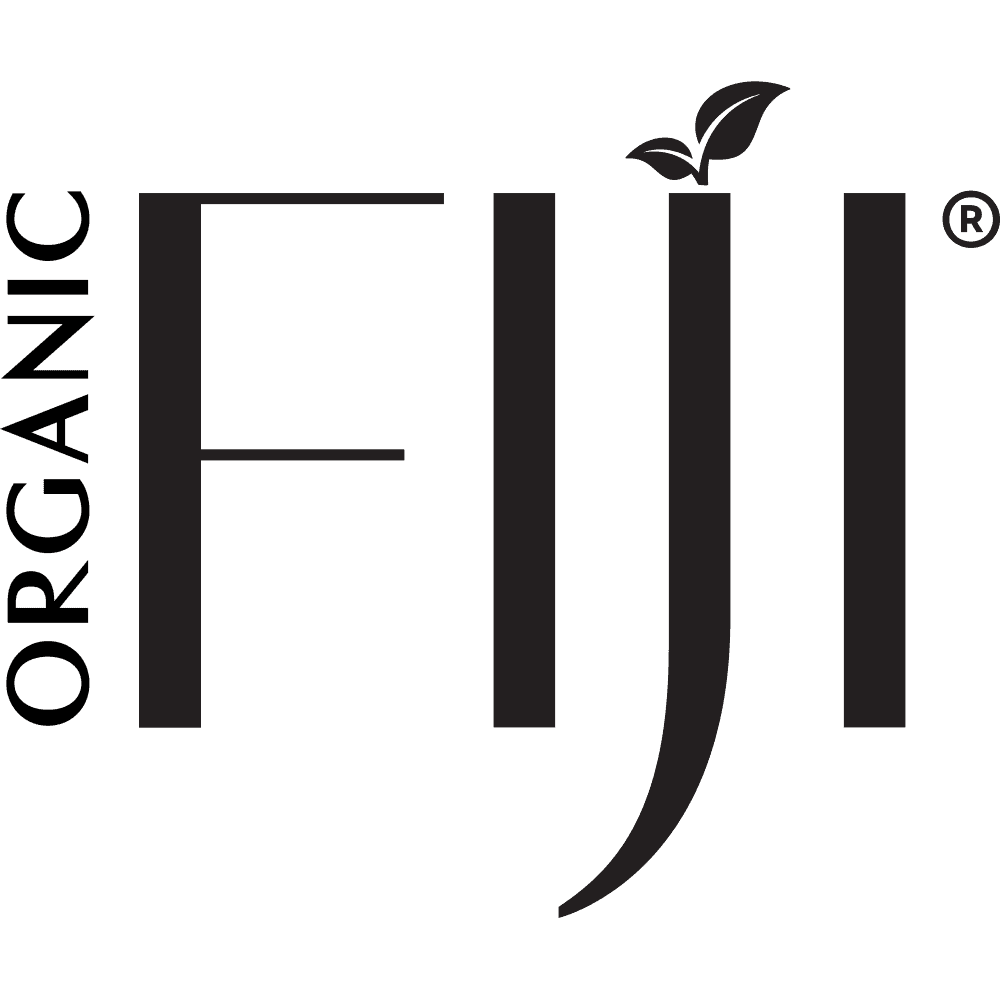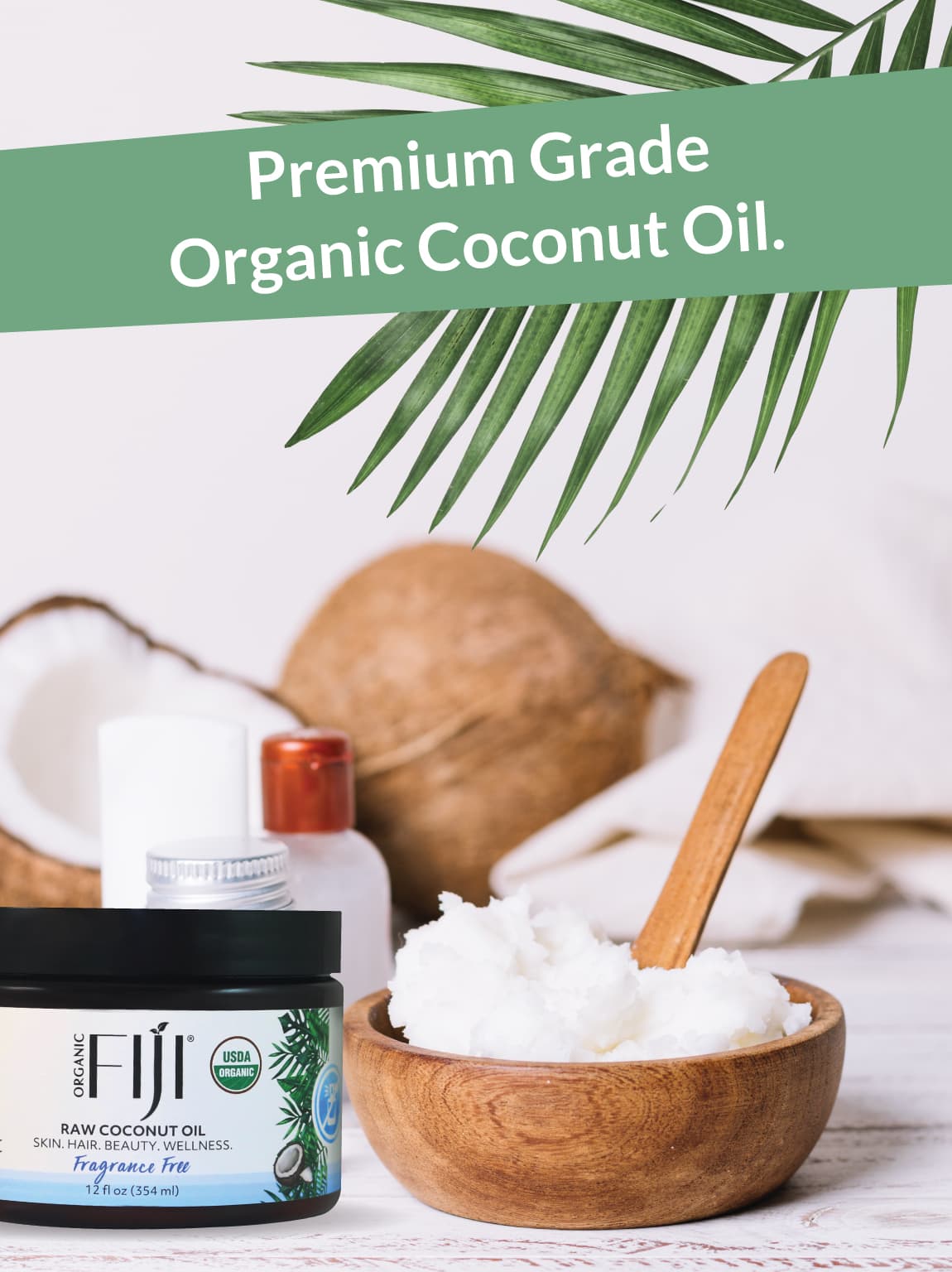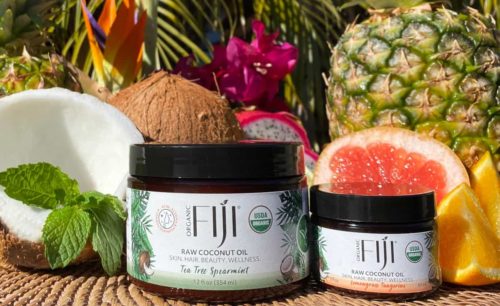Coconut oil has earned its place on the vanity of many beauty aficionadosminimalists alike, and, in fact, what makes this tropical wonder so special is one of the most searched questions when it comes to beauty and wellness. A dive into all its social media content devoted to coconut oil can be overwhelming, even contradictory and really leave your head swimming. So, here’s the 411 on what makes coconut oil different from other oils and recommendations on how you too can up your health and beauty game.
To start off, let’s get into bit of history and chemistry. Used for thousands of years by some of the healthiest cultures on the planet, the coconut palm is native to South East Asia, Indonesia, Australia, New Guinea and several of the Pacific Islands. The multiple uses of this life sustaining botanical has earned it the name “Tree of Life” and “Tree of Heaven”. There are Sanskrit and Ayruvedic references to the benefits of the oil from the coconut palm as well as travelogues describing its marvels from China, Arabian countries and Italy.
The time-tested benefits of coconut oil garners it the honor of being an essential for healthy skin and hair. What sets this oil apart from other plant-based oil is chemistry, in this case, medium chain triglycerides (MCT). Triglycerides are named for their chemical structure, a glycerol molecule and three fatty acids. The fatty acids in virgin coconut oil are lauric, myristic and palmitic acids and working synergistically, they provide antimicrobial and viral properties and truly nourish hair and skin from the inside/out. Depending upon your hair goals and skin type and condition, using virgin, cold pressed coconut oil can help soothe, smooth, soften and improve your mane and complexion.
For best results and pure luxury, remember that you always want to look for a cold-pressed virgin option (VCO) such as Organic Fiji USDA certified organic raw coconut oil.
How to Use Coconut Oil for Scalp and Hair
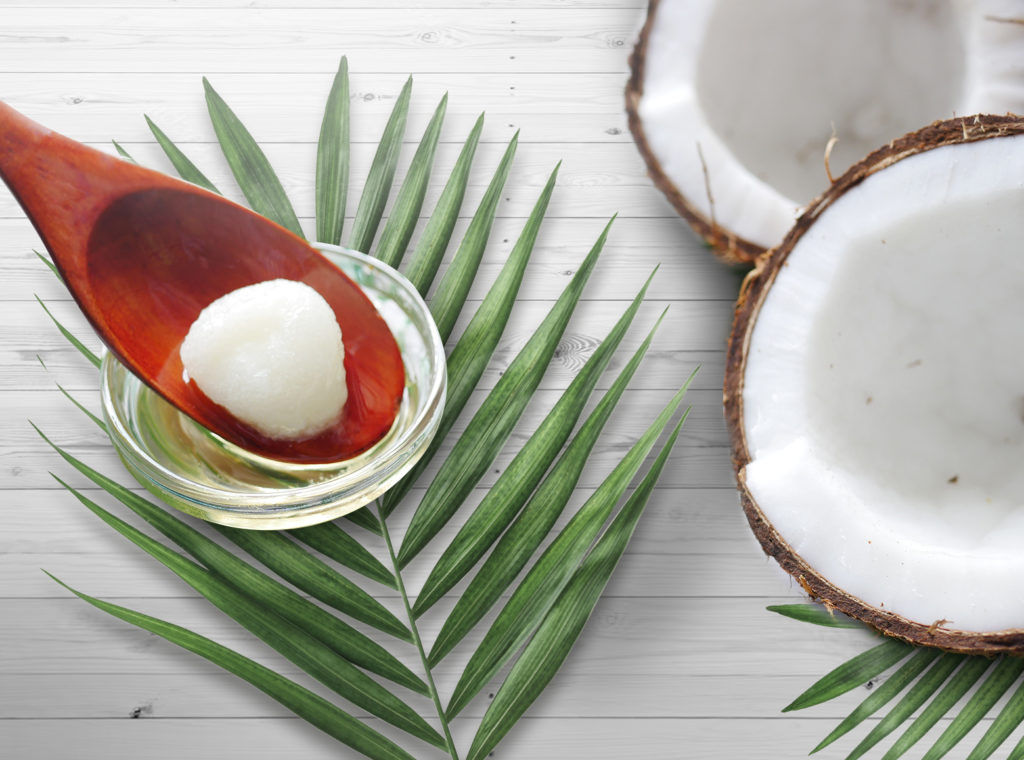
When taming tress issues, for optimal results, you’ll want to treat both the scalp and hair with coconut oil. Word to the wise, a little bit goes a long way. Coconut oil has been shown to improve scalp and hair moisture, maintain a healthy scalp microbiome and to promote hair growth. Here’s why:
Scalp
A 2021 study found that use of coconut oil increased the good fungus (M. globosa) which is associated with a healthy scalp and reduced the amount of dandruff. Additionally, the lauric acid in coconut oil has microbial properties that help balance the scalp microbiome promoting its health.
Those dealing with seborrheic dermatitis and psoriasis know all too well the localized and profuse pain caused by irritated skin. Studies have found that coconut oil has the ability to reduce inflammation and in turn quells discomfort and scalp itchiness while preventing moisture loss.
Dandruff Treatment
Massage 1-2 tablespoons into the scalp and cover for 30-60 minutes. Rinse and wash with a mild shampoo. Comb hair from root to loosen skin flakes. This treatment can be repeated as needed. Be mindful of excess oil build up on scalp and if condition persists, consult your physician.

A professional guide to Treat your Hair and Skin with Coconut Oil
Professional tips from licensed esthetician, spa professional and clean beauty guru, Patti Coughlin.
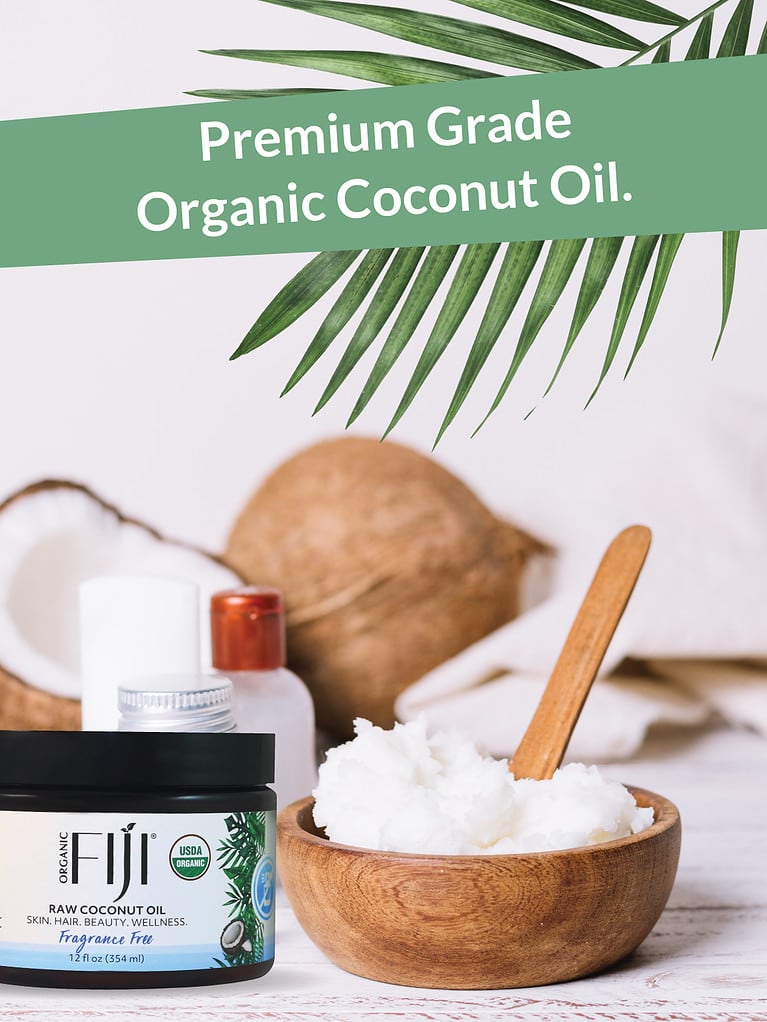
Hair
Washing, brushing, coloring and styling hair can disrupt its structure by damaging the cuticle (the outer most part of the hair), making it unable to protect the central parts of the hair shaft. When this happens, you lose the proteins that make up the hair cortex causing it to thin and become prone to breakage.
A 2003 study compared coconut oil to other oils and showed that it was the best oil to reduce hair protein loss and keep it looking healthy. The medium chain fatty acid structure of lauric acid in coconut oil makes its absorption into the hair shaft superior to other oils, thereby protecting it and decreasing protein loss. This was true in the following hair types: Undamaged hair, bleached, chemically treated and UV overexposed hair.
The ability to grow long, sleek, and shiny hair is at the top of the self-care beauty list but so many of us are unable to attain a glorious mane. Moisturizing the hair with coconut oil can help protect it from environmental and grooming damage, nourishing the hair from cuticle to cortex, making it easier to grow longer hair.
The amount of coconut oil you’ll need varies depending upon your hair length, type and condition. Start with a minimal amount at first and increase the amount as your hair demands. A good rule of thumb is to use enough to cover the midsection to the ends of the hair to avoid too much oil build up on the scalp and roots.
Incorporate coconut oil into your grooming regime by using it:
- As a conditioner. Shampoo your hair as normal and then comb coconut oil through your hair, from the midsection to the ends.
- As a post-wash detangler. After shampooing and conditioning your hair, rub a little coconut oil through your hair to protect it while you brush and style it and to prevent fly-aways.
- As a hair mask. Rub coconut oil through your hair and let it sit for a few hours (or even overnight) before washing it out.
- As a pre-wash hair protector. Rub coconut oil through your hair before you wash it to prevent over-swelling of the hair cortex which can weaken it.
- As a scalp treatment. Before bed, massage a small amount of coconut oil into your scalp. Leave it overnight and wash it off with shampoo in the morning.
How to Use Coconut Oil on the Skin
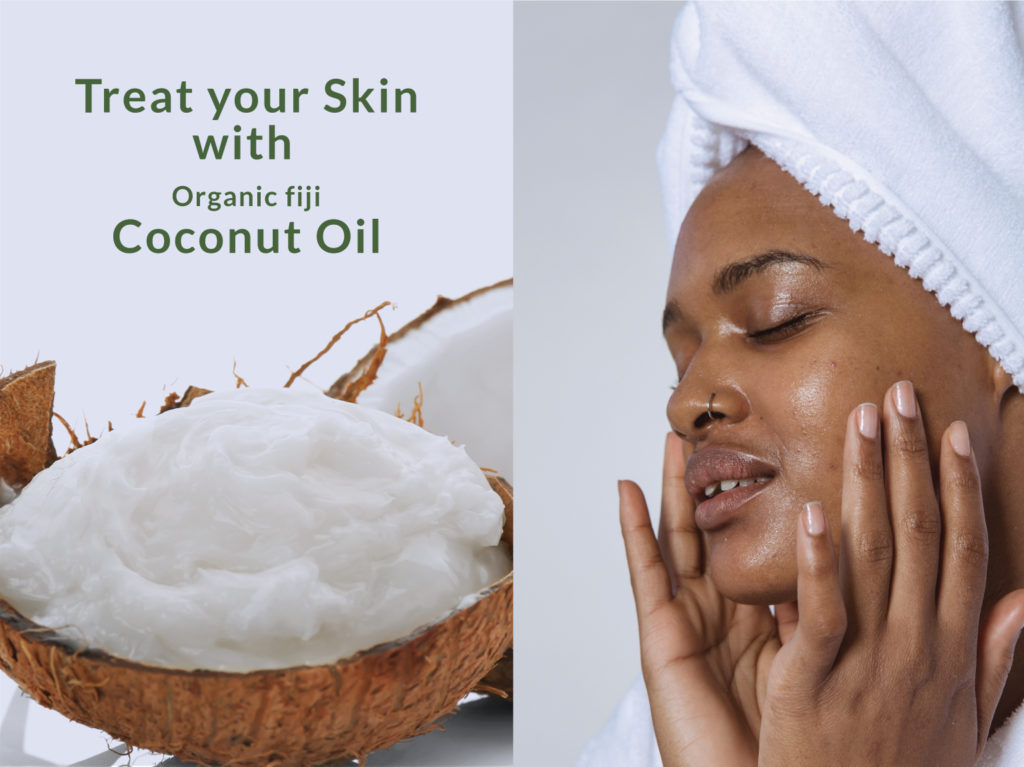
There are several benefits to using coconut oil on your skin. It can prevent water loss, improve elasticity, and, as mentioned, reduce inflammation and itchiness. Studies have looked at the ease with which VCO absorbs into the skin. Better and faster absorption encourages blood flow, hastens cell growth and speeds up collagen production which helps with wound healing.The increase in skin hydration also improves skin elasticity. To heighten the benefits of coconut oil, let it absorb into the skin for a few minutes and follow with an application of a moisturizer to help seal in hydration.
The emollient texture of coconut oil makes it an ideal ingredient in many skin care and make up lines. VCO can be used on its own:
- As an oil facial cleanser and hydrator as it cleans and moisturizes the skin while providing antiviral, antibacterial and antimicrobial properties.
- As a make up remover because it breaks down daily pollutants and make up ingredients. Use a liberal amount along with a damp soft wash cloth before end of the day face washing.
- As a daily moisturizer especially after bathing. Pat down skin so that it is moist not wet and apply melted oil, coating your entire body from the neck down. High quality cold-pressed virgin coconut is noncomedogenic and should be effective on most skin types, however, if you’re concerned about acne congested areas, do a patch test for a few days to see how well your skin accepts coconut oil.
Enjoying the multiple uses of coconut oil is what it’s about at Organic Fiji. Let us know how your coconut oil hair and skin care journey is progressing and let us know if you have any questions.
Organic Fiji
Integrating coconut oil infused body products into your natural skin care routine is more than a product choice, it’s an ancient ritual steeped in deep, island history.
Organic Fiji is a female and Pacific Islander owned boutique brand that creates organic body care products, based in California.
Organic Fiji’s artisan products have been USDA Certified Organic by Oregon Tilth since 2007 and are vegan, cruelty-free, eco-friendly and ethically created. You can also be assured that Organic Fiji products are free of GMOs, PEGs, parabens, phthalates, sulfates, artificial colors, synthetic fragrances, harsh ingredients or toxic chemicals.
A brand that believes in product transparency over ‘green-washing’ and are real people on the other end of the phone and email. Click here to contact Organic Fiji.
